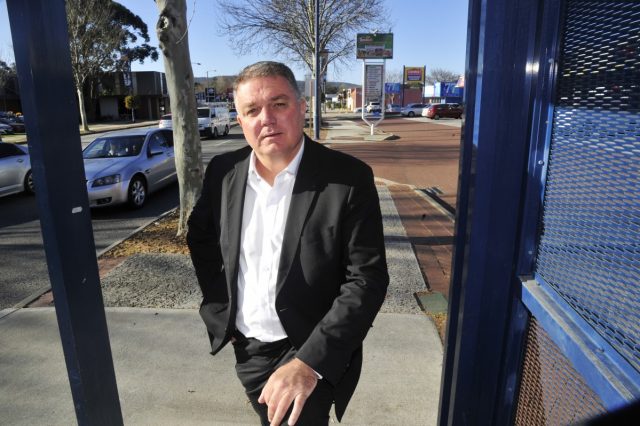
The drama continued in and outside of council after a controversial email was mistakenly sent out using the City of Gosnells copyright information and contact details to promote City of Gosnells mayor Glenn Dewhurst’s electoral campaign.
At a special council meeting on Sunday September 29, the council said the city was aware of the electoral email sent by Mr Dewhurst on September 27 endorsing six candidates in the October 2019 election.
Councillors who called the meeting accused Mr Dewhurst of accessing the city’s database to send the electoral email.
The city confirmed that this email was not sent nor authorised by the City of Gosnells.
The council also confirmed that the email did not represent the views of council and would be proceeding with further investigations into the matter.
After Mr Dewhurst’s first email was sent out, he issued an apology using his personal email to clarify the administrative error.
During a special council meeting on Tuesday night Mr Dewhurst read a statement and shortly left to attend a community function he had previously scheduled.
“I am personally disappointed that the council “jumped the gun” and did not wait for a ruling from the Electoral Commission before sending out an email on Monday making certain allegations which caused confusion,” he said.
“They made these allegations but they know I don’t have access to the city’s data base.
“What they have done is illegal and they have used council resources to anti-campaign against me.
“This is costing a lot of money to ratepayers and it could even lead to another election.”

In a letter to City of Gosnells chief executive Ian Cowie, the Acting Electoral Commissioner Chris Avent cleared Mr Dewhurst of any breach of the Local Government Act 1995.
“The apparent unauthorised use of City of Gosnells copyright and contact details at the end of Mr Dewhurst’s email to electors is not a matter for the Returning Officer (RO) or the Electoral Comission,” he said.
“It may be an issue of relevance to the city’s code of conduct.
“In my view the email did meet the authorisation requirements of the Act in that it included a physical address and anyone reading the document was in no doubt as to who sent it.”
Councillor Ron Mitchell said at Tuesday night’s council meeting that he was disappointment to know the Electoral Commission didn’t take responsibility.
The chief executive officer Ian Cowie originally sent the email to Mr Avent inviting the RO and a senior representative of the Electoral Commission to attend the council meeting.
“I was very surprised when I read this response today,” he said.
The council concluded with a motion raised by councillor Serena Williamson for Mr Cowie to prepare a report for the next council meeting next week explaining the timeline of events to the community starting from September 27 up to this date.












